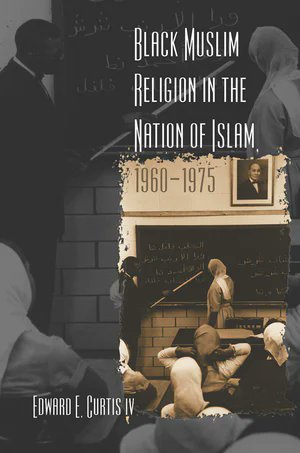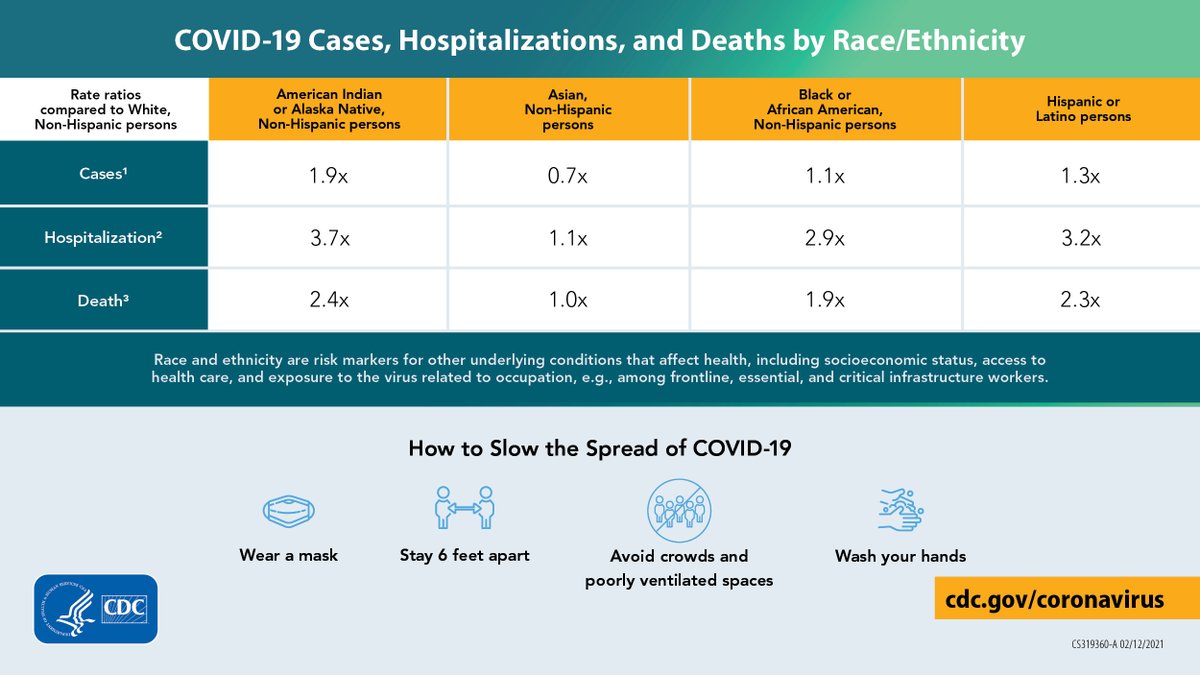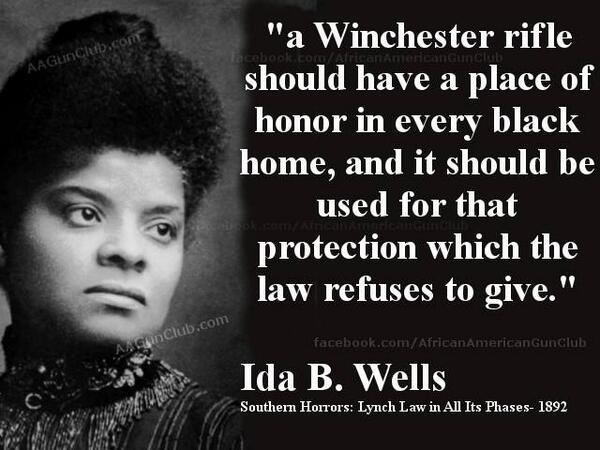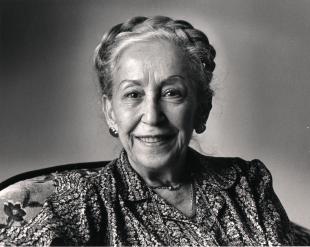
If you consider yourself to be an ally of Arab Americans, please educate yourself about our long history of advocacy on behalf of Palestine.
We are your neighbors, friends. Please make room in your heart for our voices.
e.g.:
uncpress.org/book/978146963…
We are your neighbors, friends. Please make room in your heart for our voices.
e.g.:
uncpress.org/book/978146963…

Please feel free to add your favorites.
• • •
Missing some Tweet in this thread? You can try to
force a refresh














